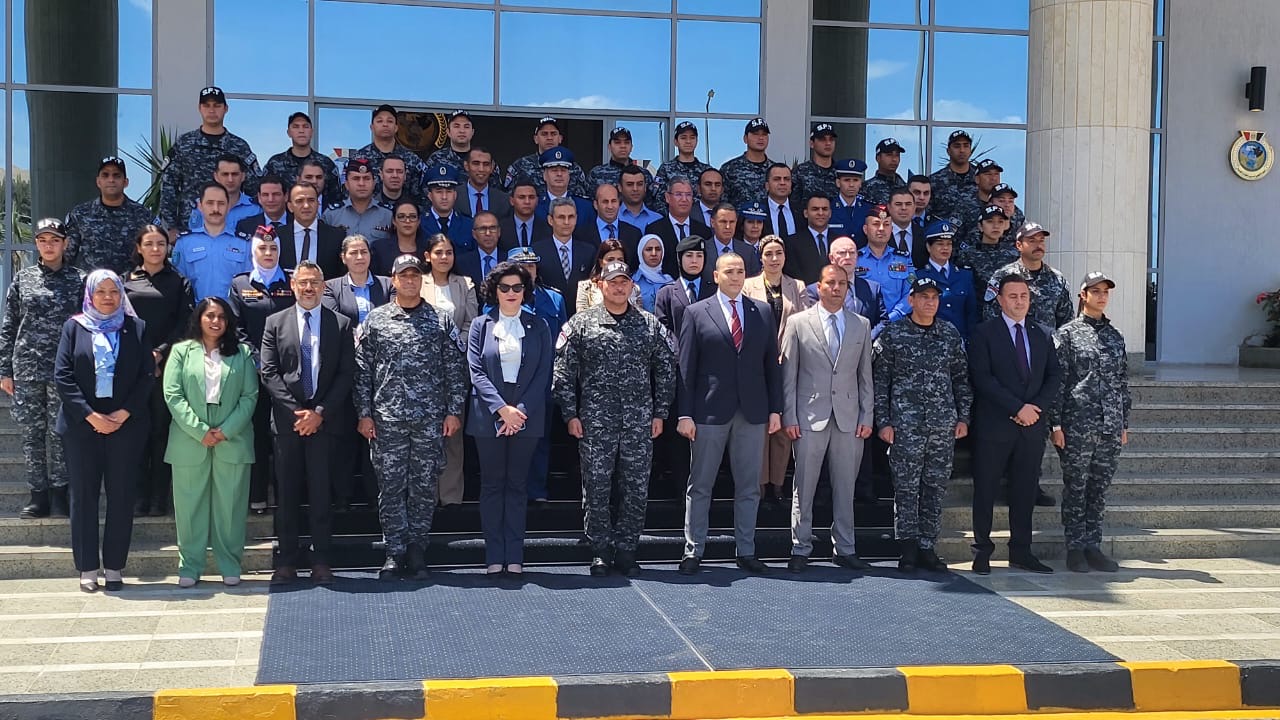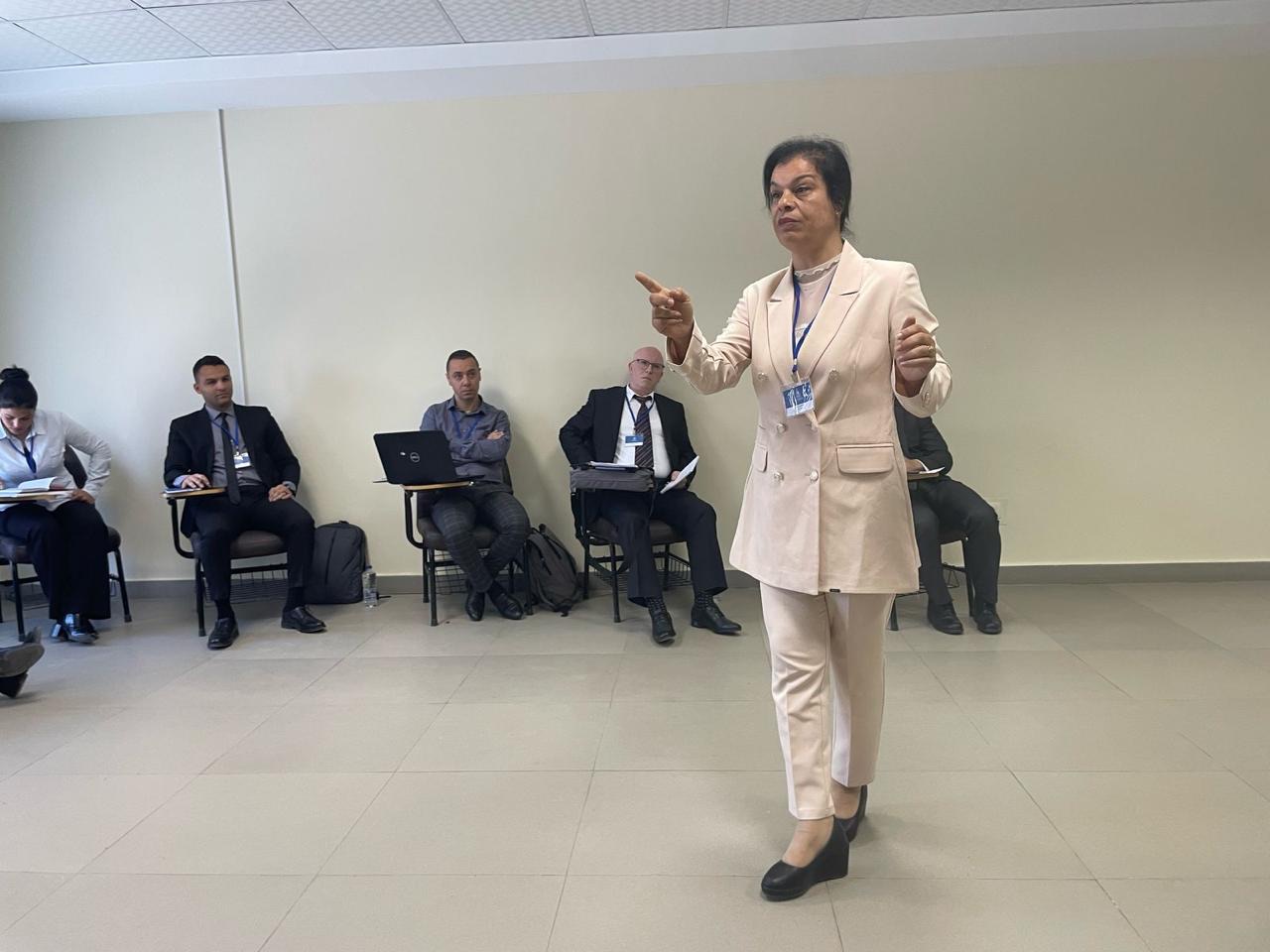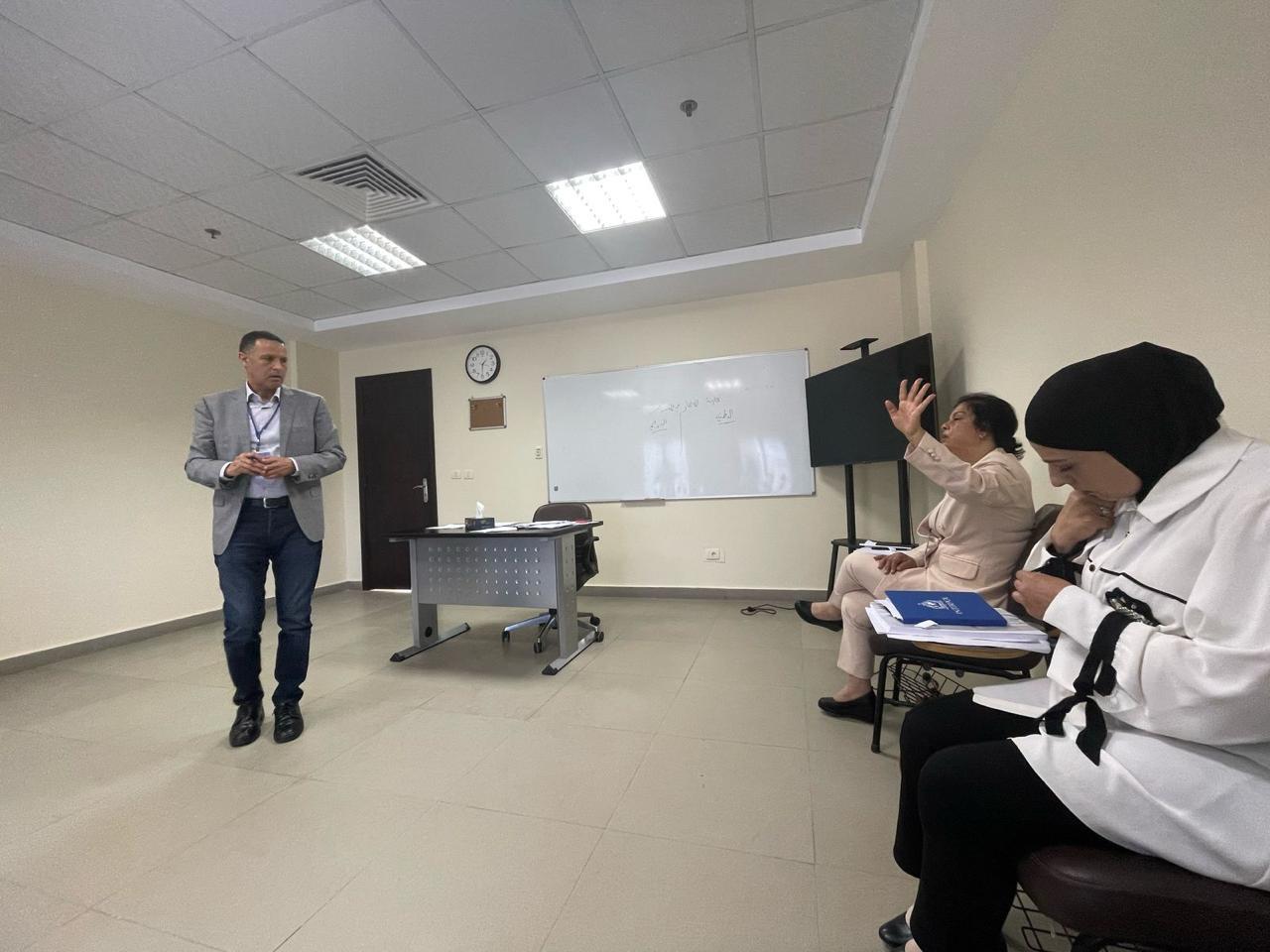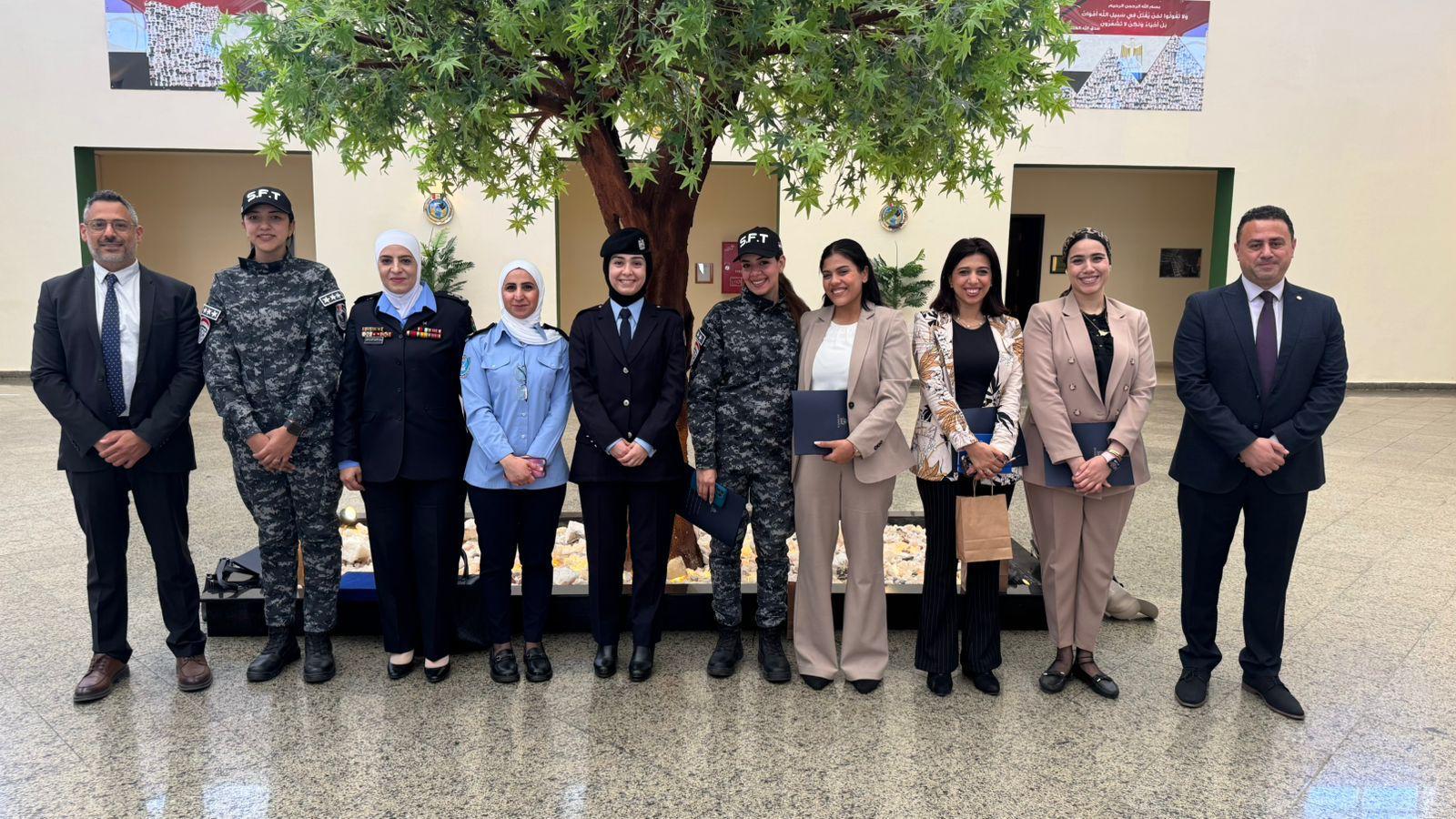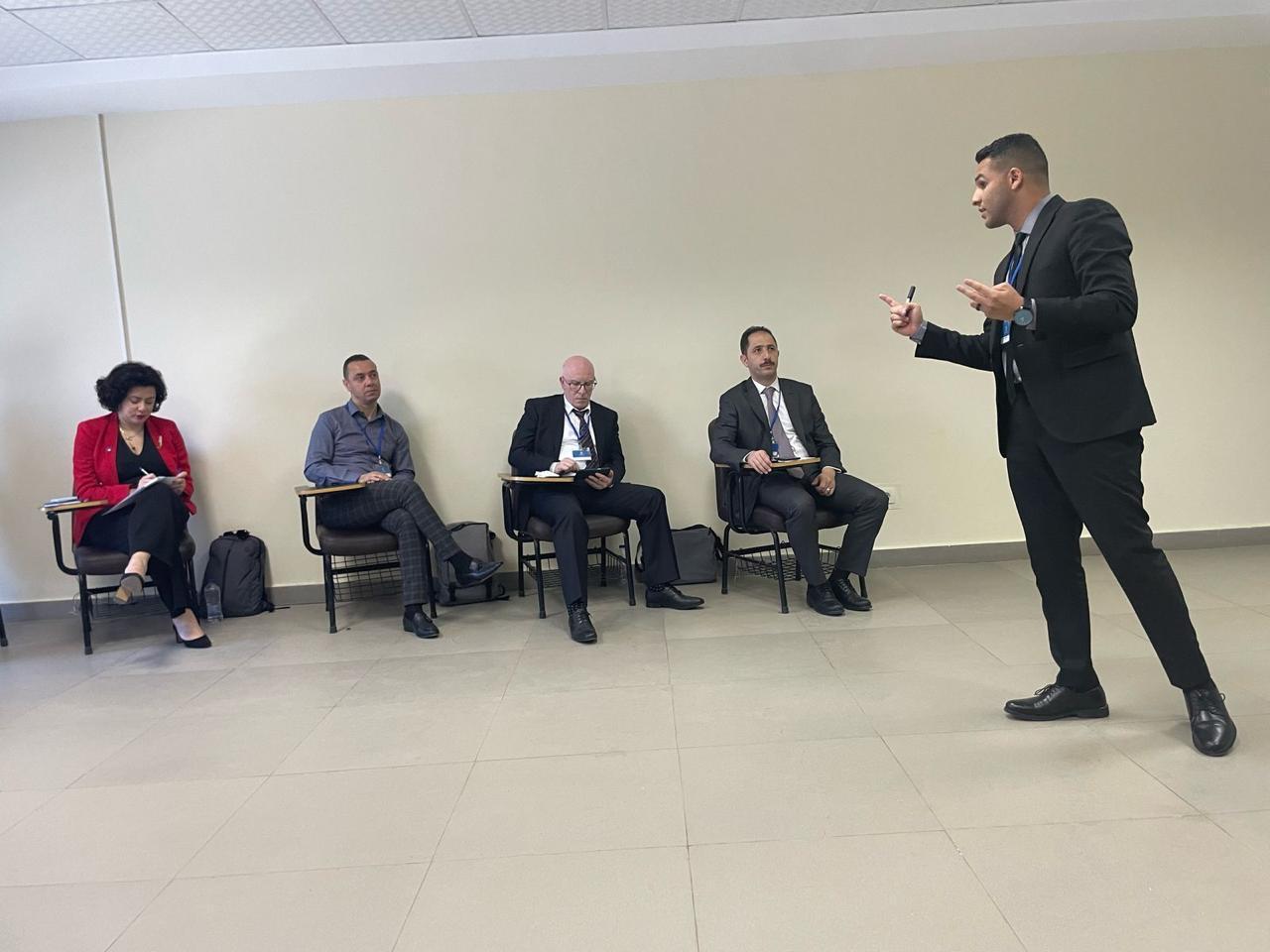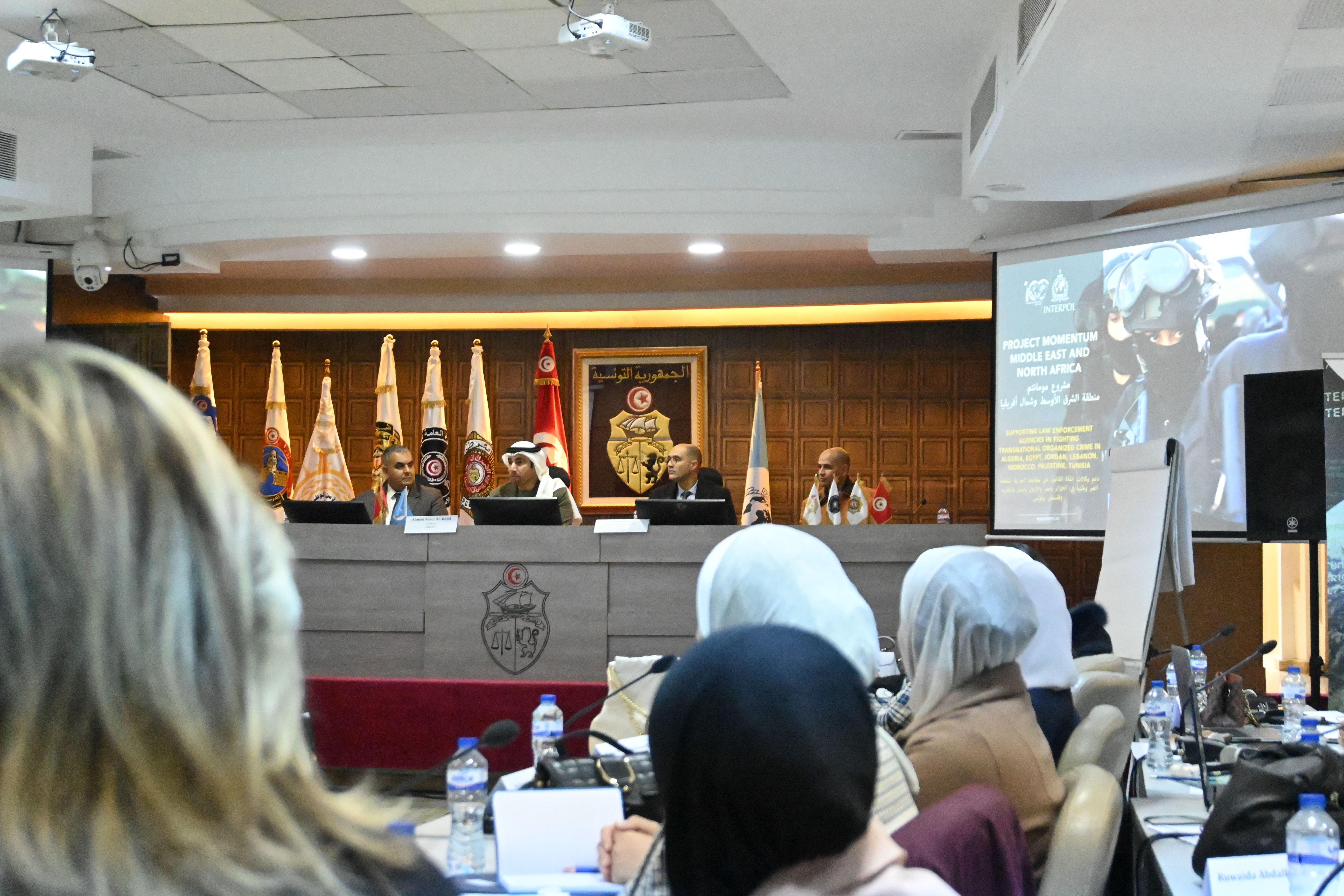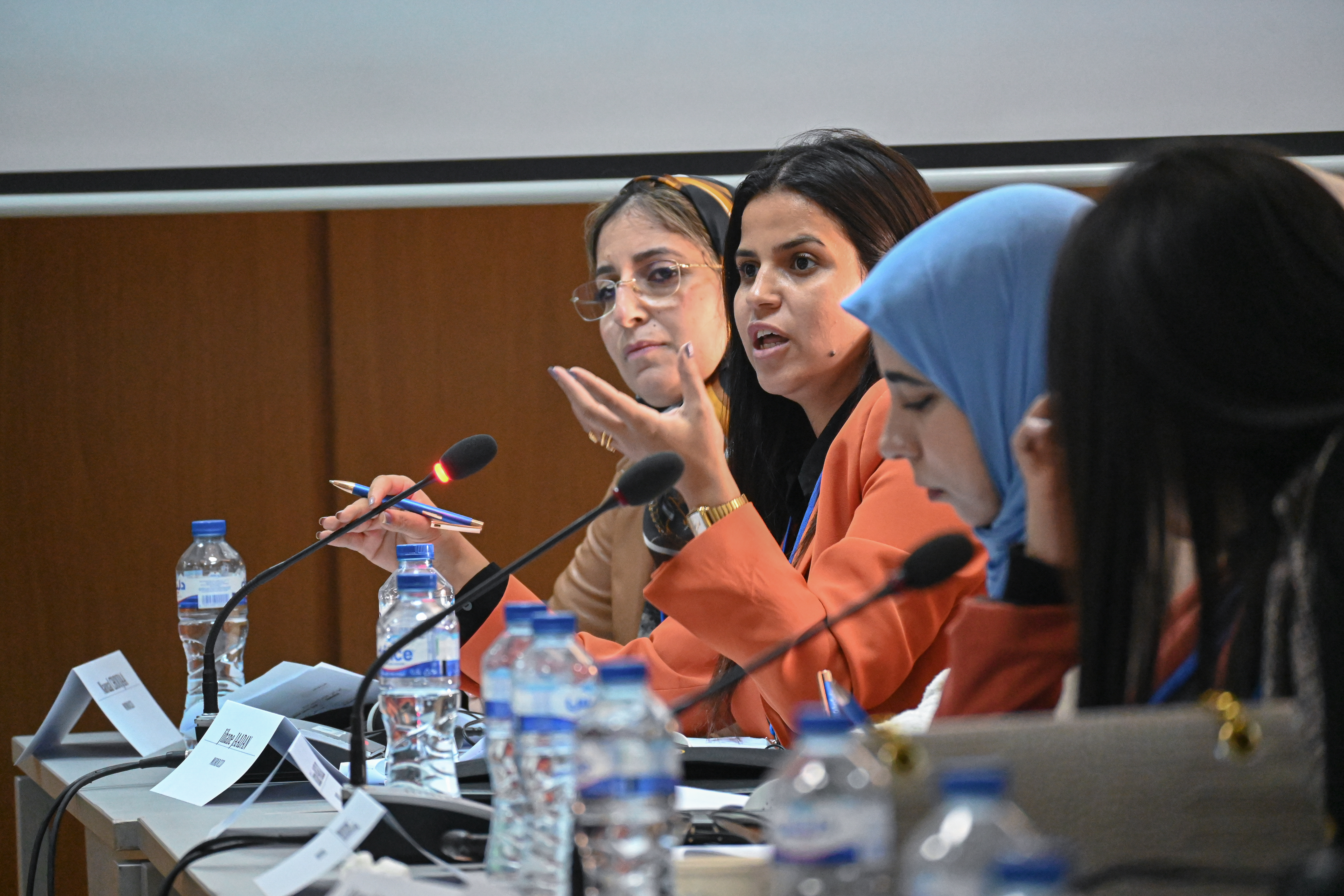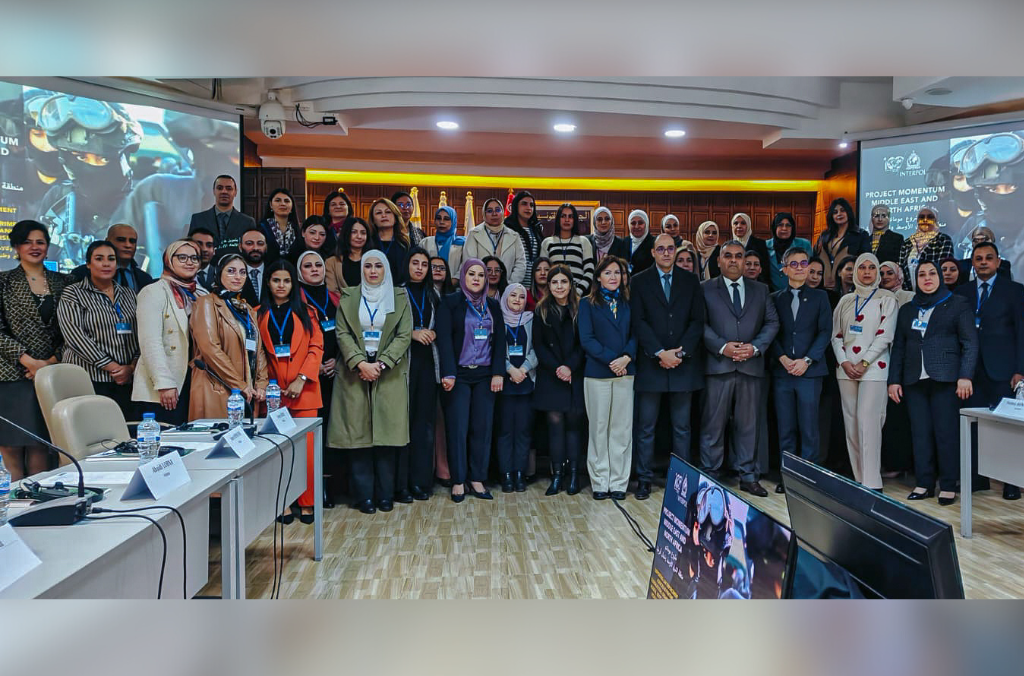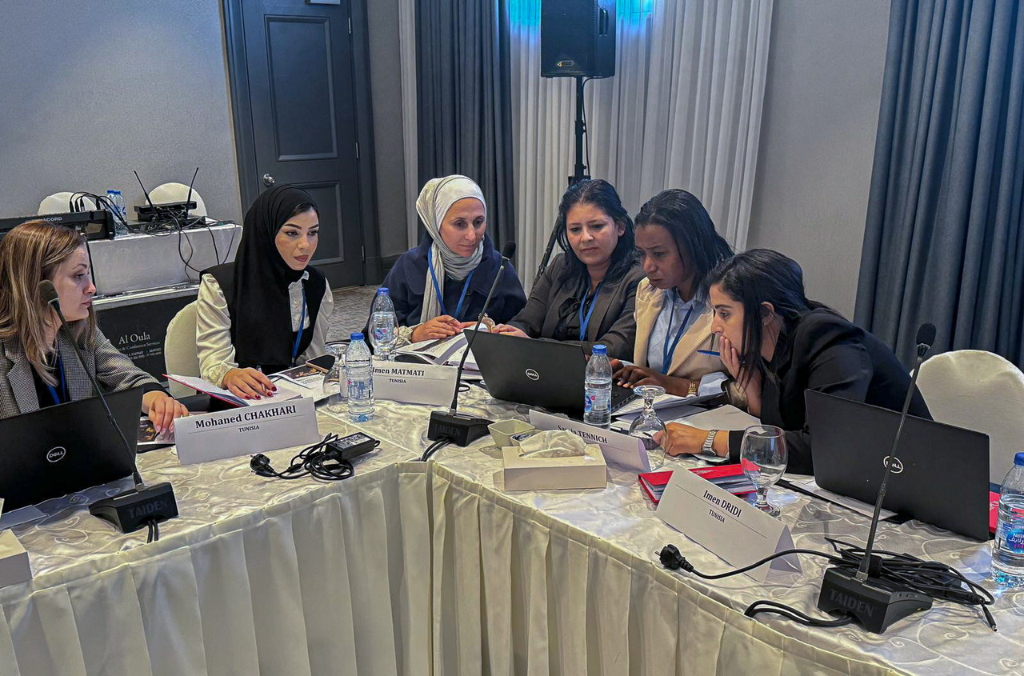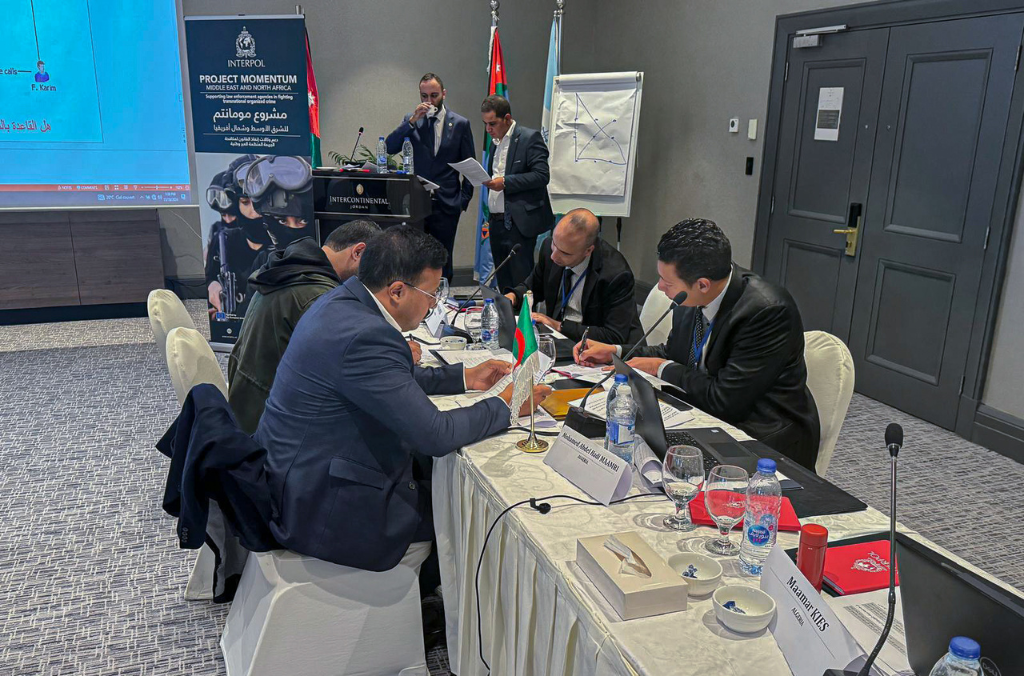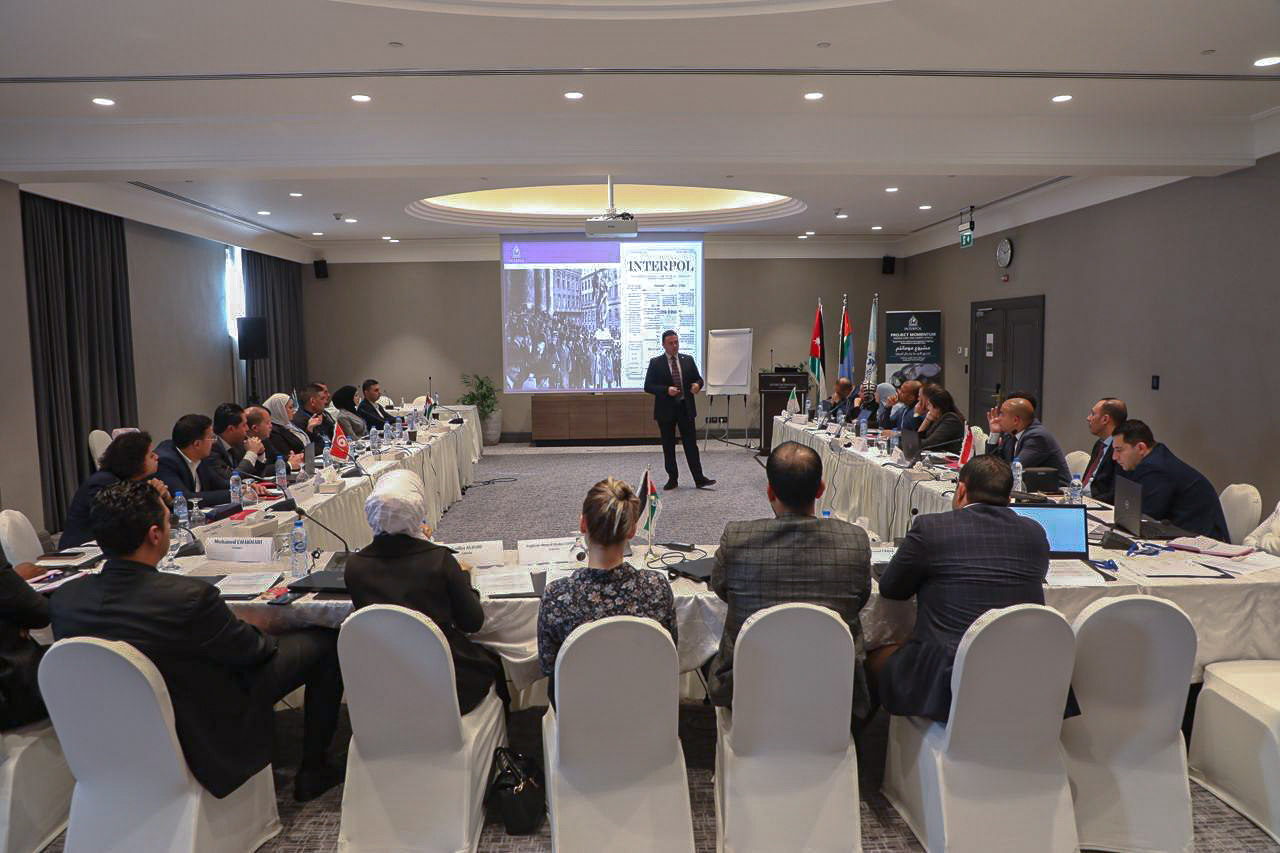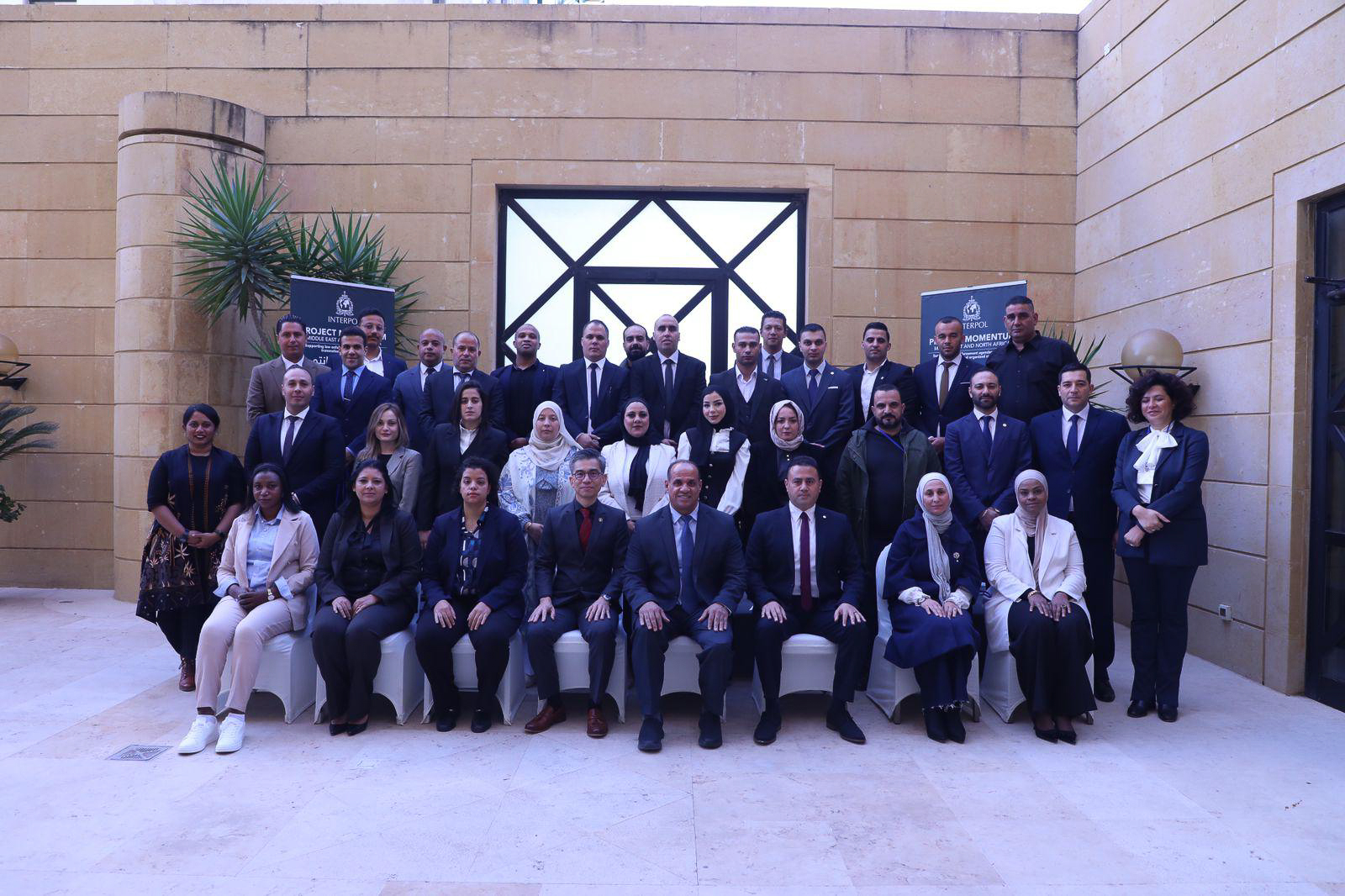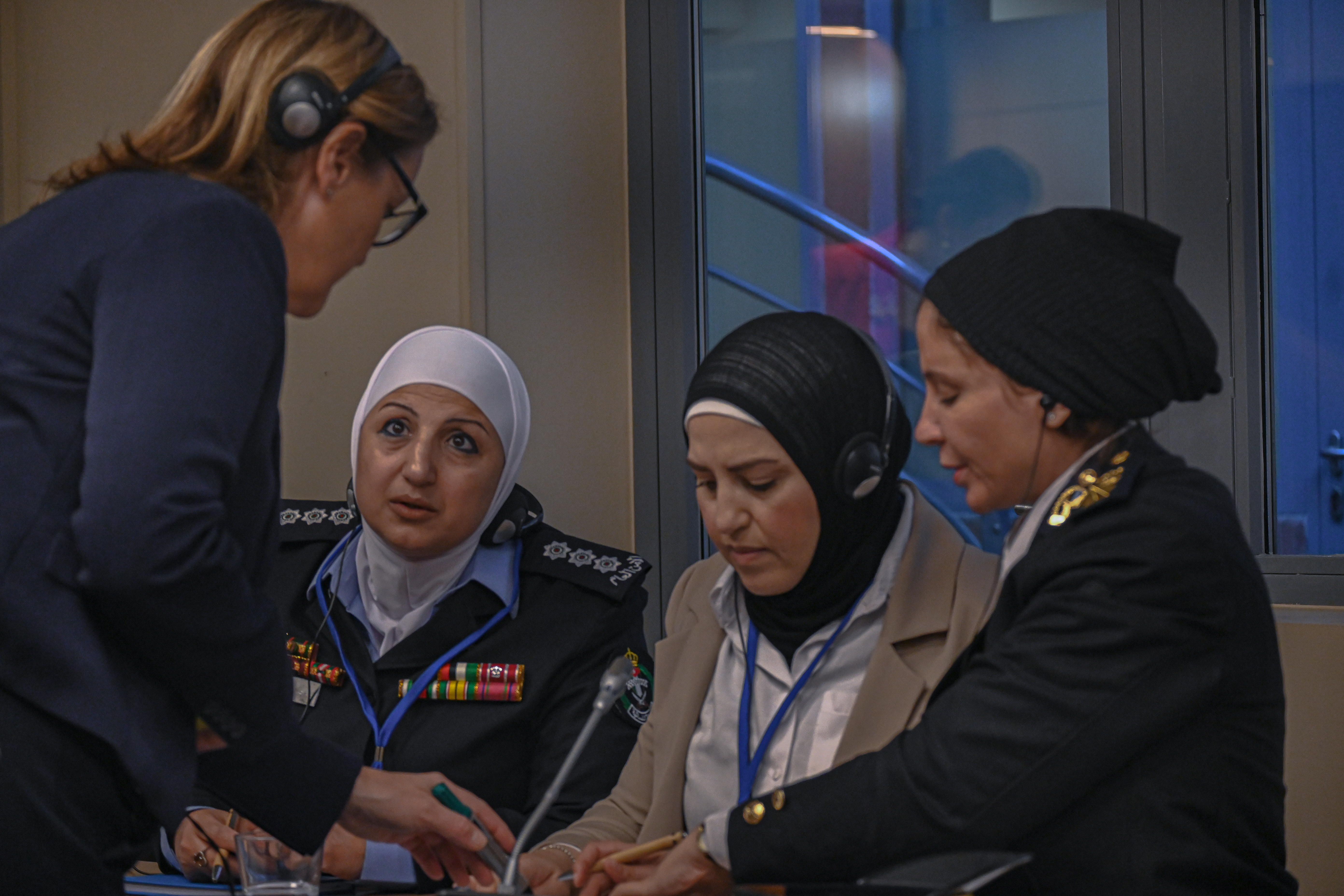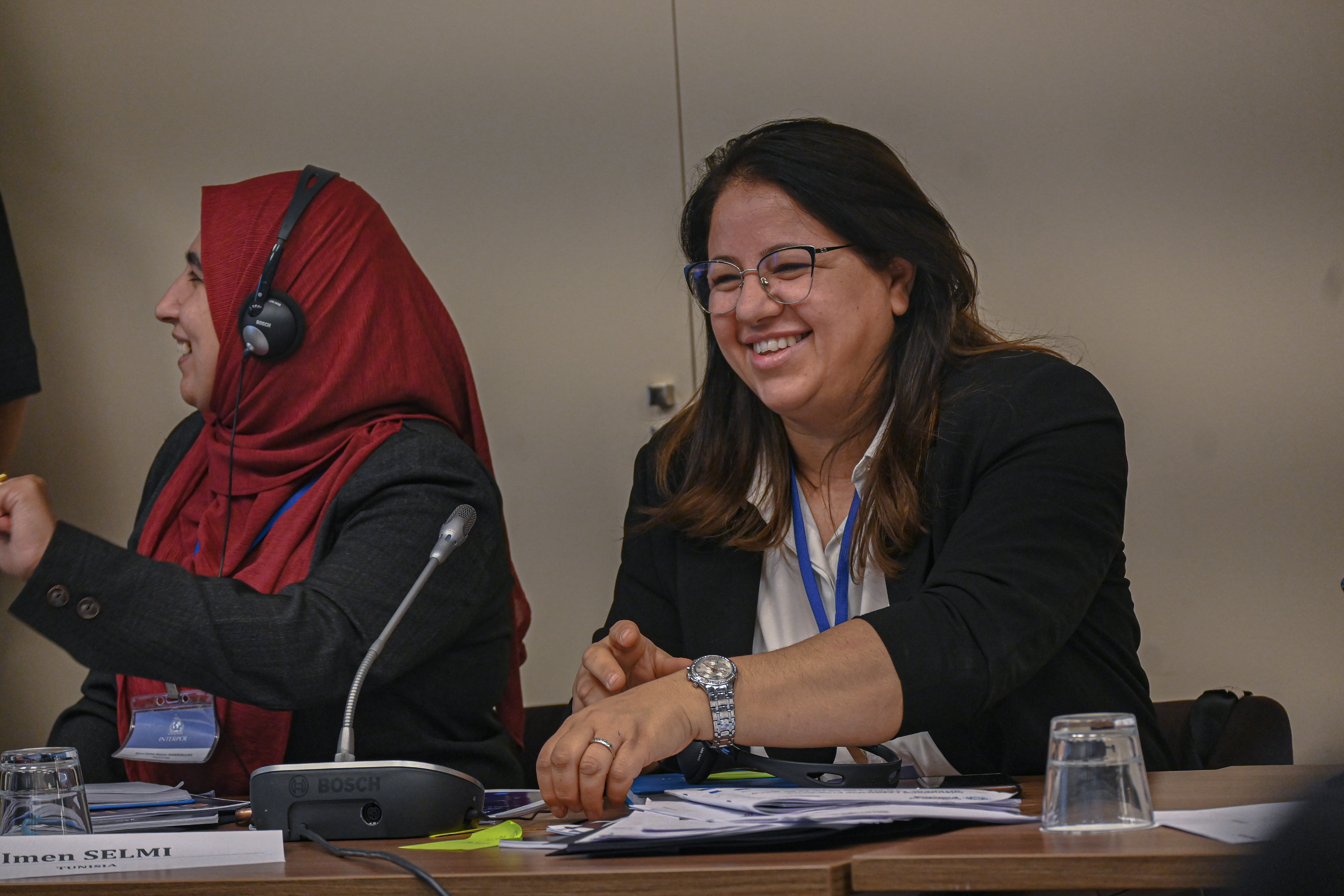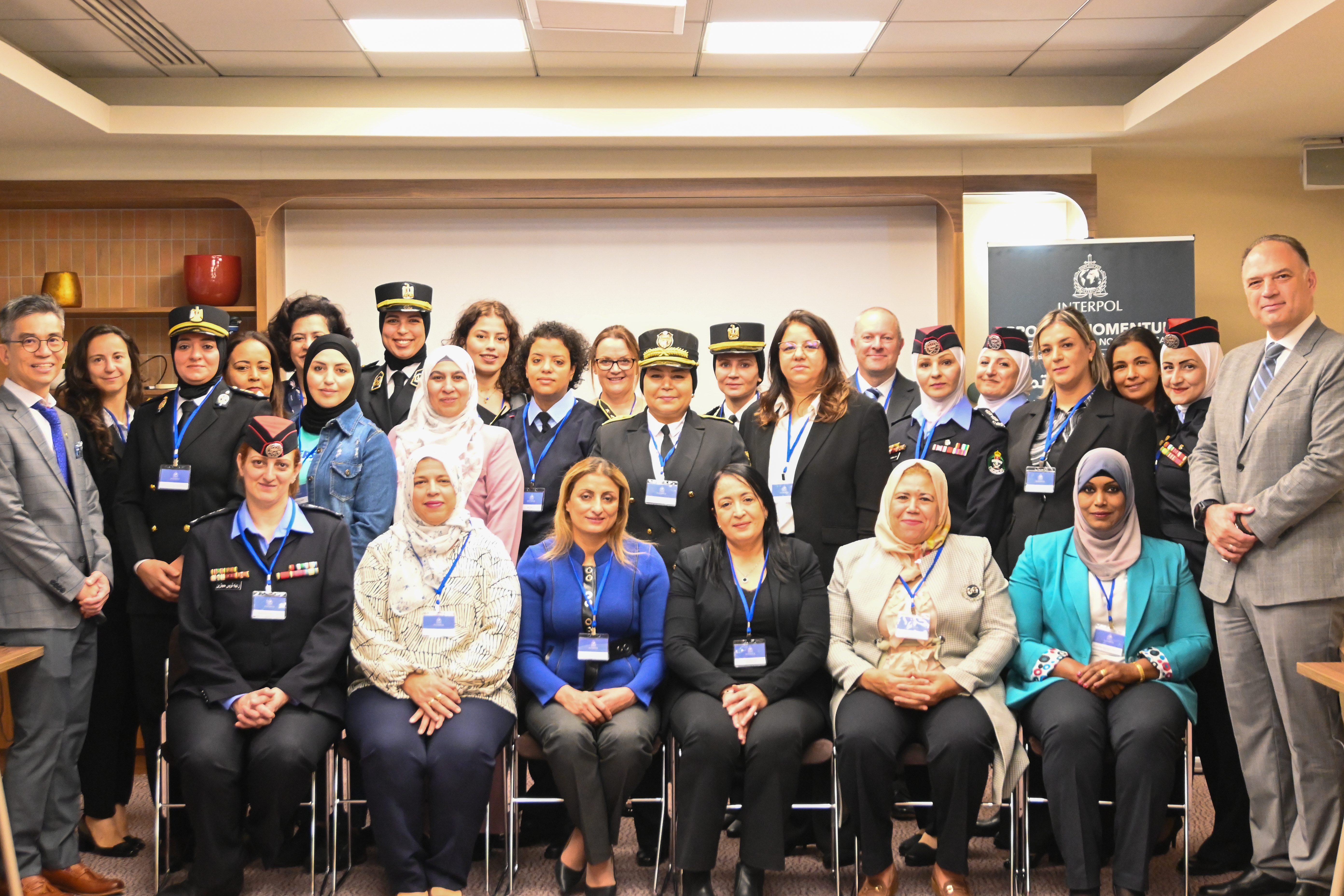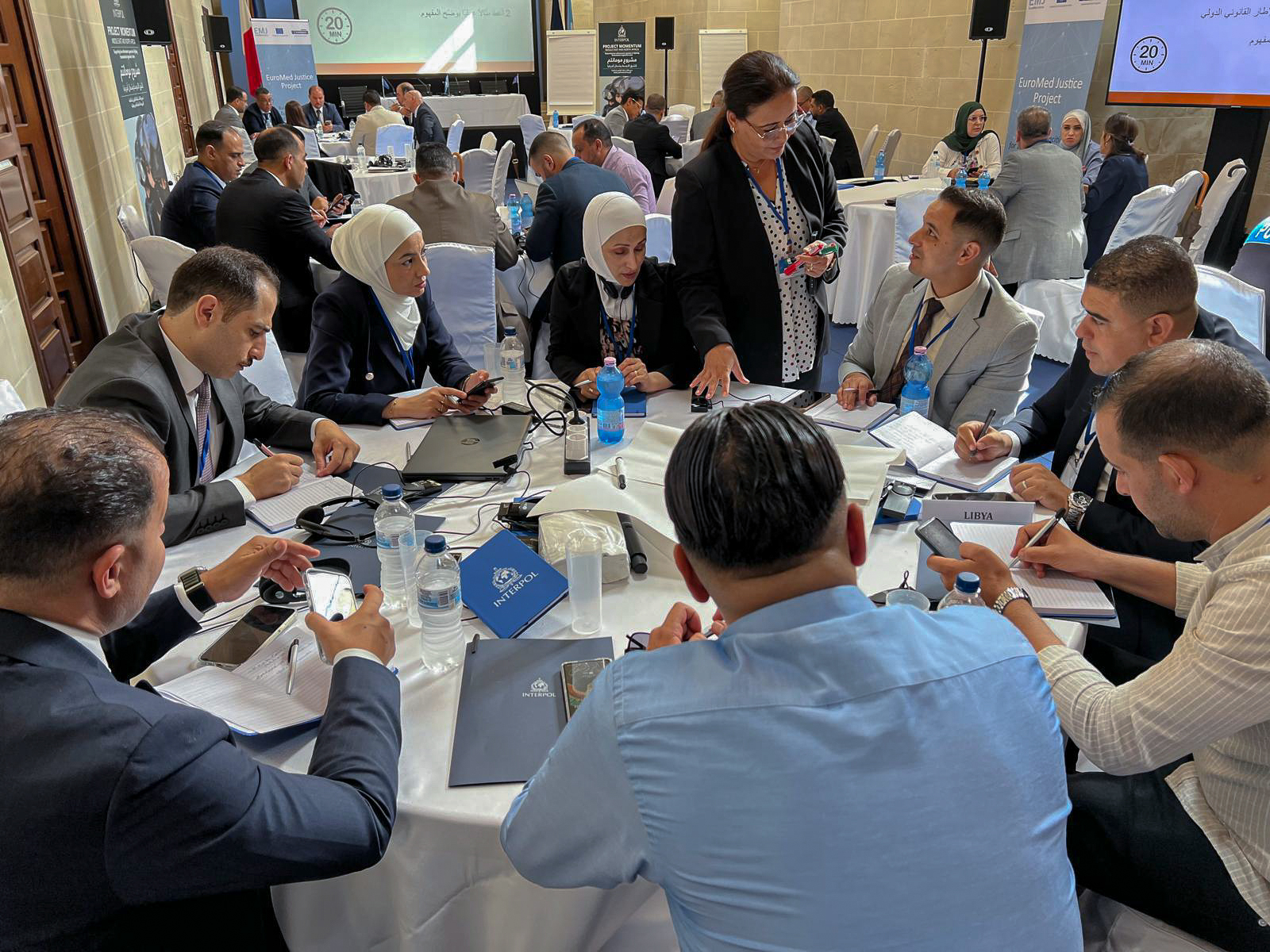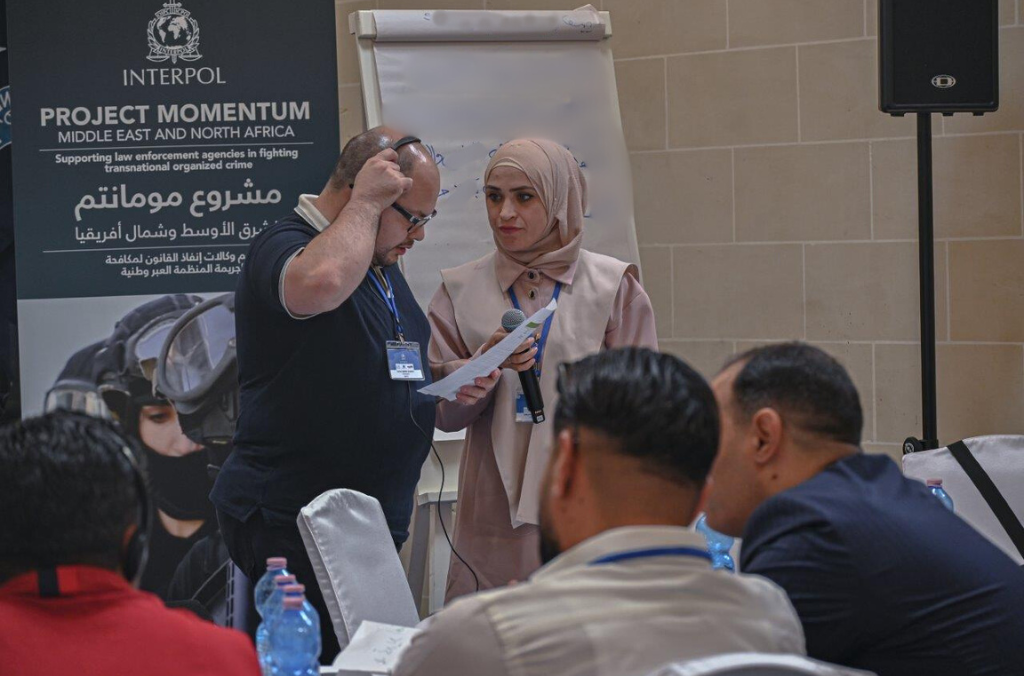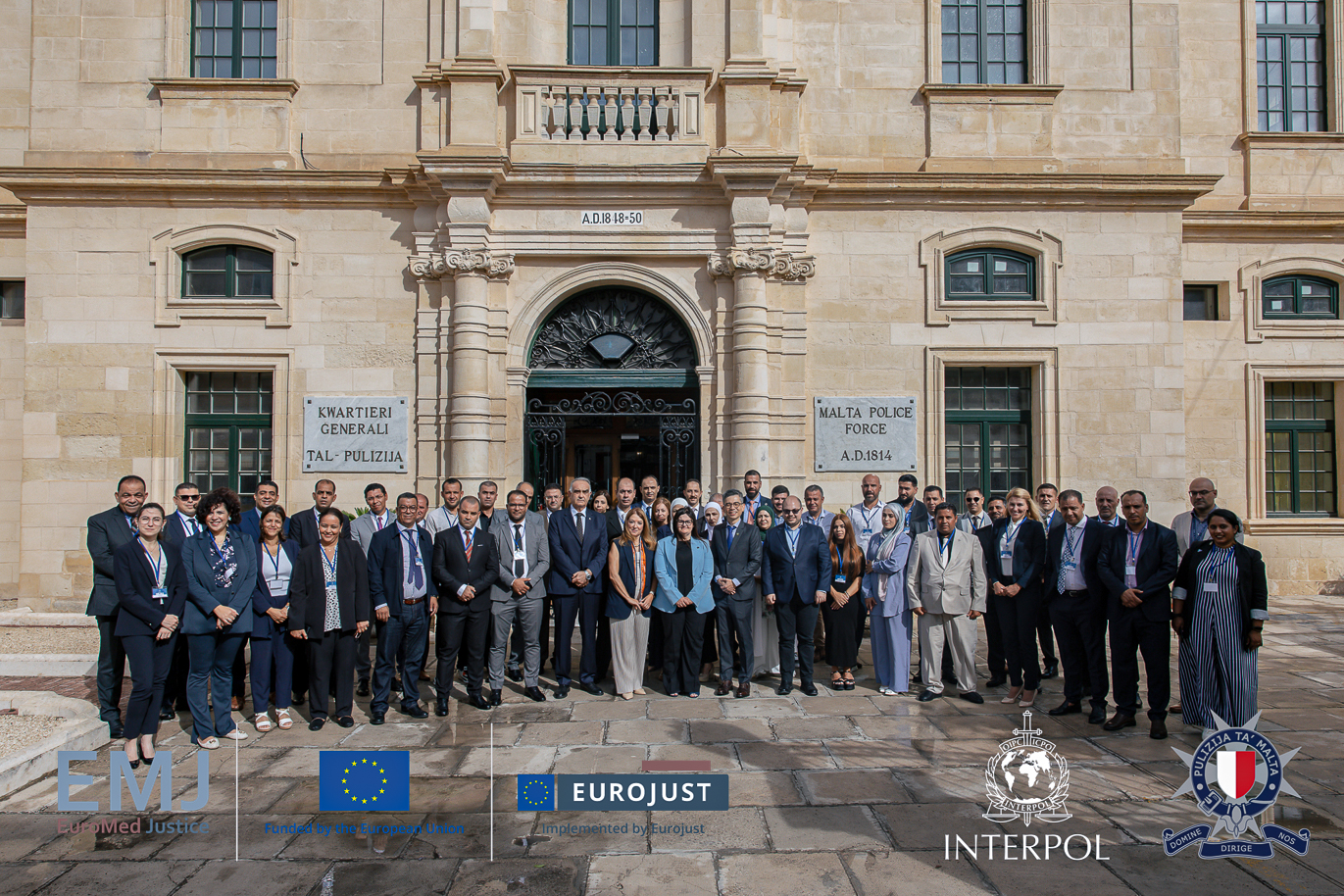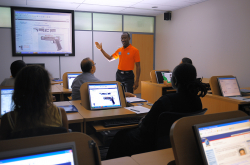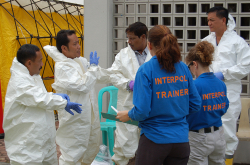Timeframe: 2022-2025
Budget: EUR 3 million
Donor: European Union
Countries involved
Algeria, Egypt, Jordan, Lebanon, Morocco, Palestine and Tunisia
The situation
Understanding the threat of transnational organized crime and the evolution of its methods, will enable law enforcement to craft more innovative strategies for preventing and combating it with an effective response.
Research shows that women have been increasing their active roles in criminal organizations for decades, not only participating passively as family members of gang members but also directly in illegal activities, including leading some of the largest drug cartels and mafia organizations.
Overlooking this trend of gender roles in organized crime creates a gap in national and regional security response.
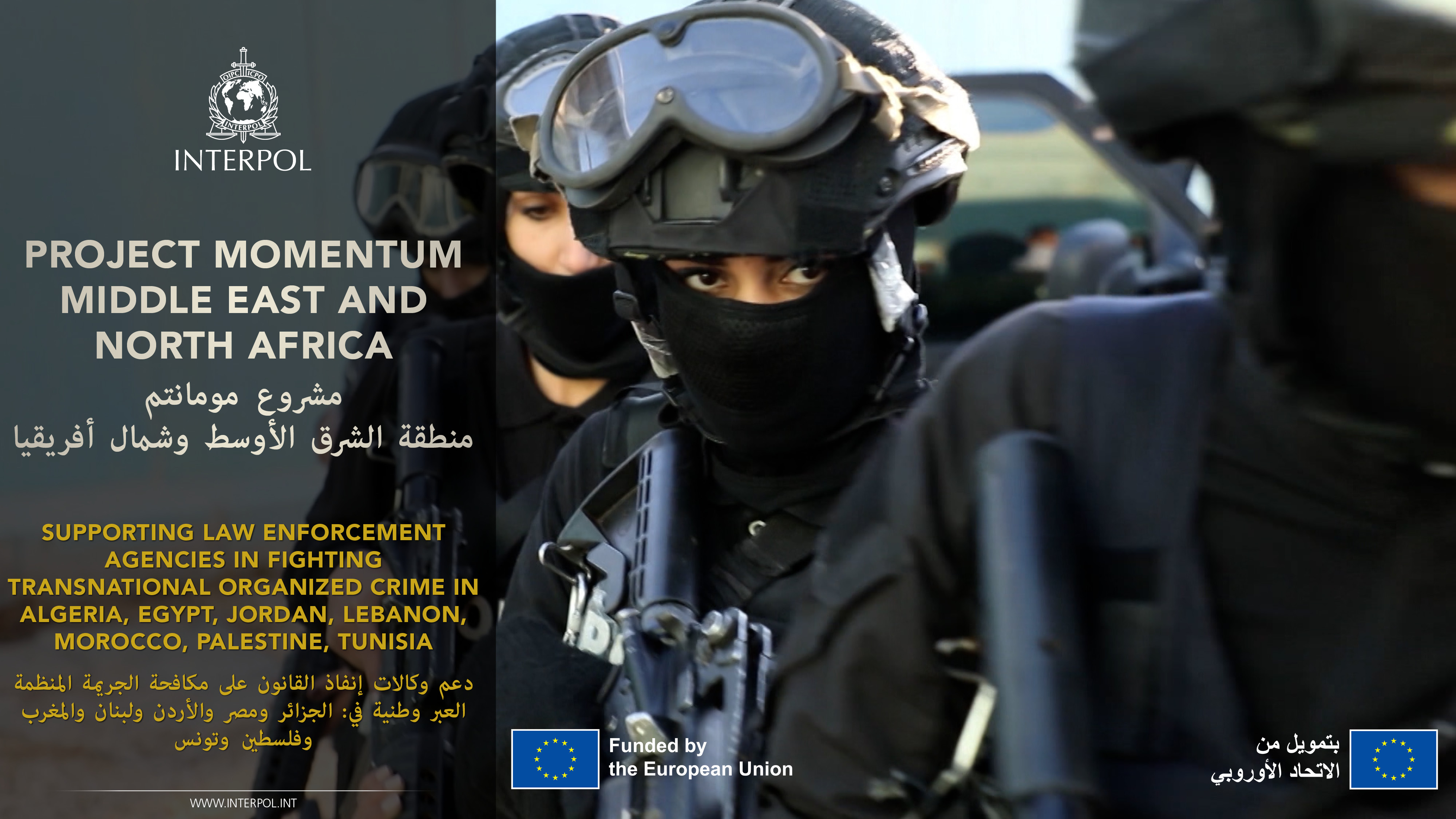
Project objective
MOMENTUM is a three-year capacity-building initiative to develop and reinforce national and regional law enforcement capacities against organized crime while strengthening gender mainstreaming policies in law enforcement agencies.
Stakeholder engagement
One of the key modes of stakeholder engagement is through the Advisory Board meetings, which, beyond providing project updates, play a critical role in providing strategic input, addressing training and capacity-building needs, and identifying challenges in integrating gender mainstreaming into law enforcement in the MENA region. The board comprises of representatives from each of the participating countries, which enables effective coordination between their National Central Bureaus (NCBs) and the project team. Meetings are held biannually discuss opportunities and set priorities for upcoming initiatives.
Professional Fellowship Programme
Project Momentum established a fellowship programme designed to empower female police officers from the MENA region, by enhancing their professional competencies and equipping them to drive impactful change within their national law enforcement contexts. The unique 12-week programme started in September 2024, offering hands-on experience across INTERPOL directorates, including the use of specialized tools and databases, and the delivery of courses and training events.
The first fellowship trainee, a police officer from Tunisia, was selected through a competitive process. During the programme, she supported Project Momentum training sessions while benefitting from direct mentorship.
Project updates
April 2025
Regional Instructor Development Course, Cairo, Egypt
Organized in partnership with the Ministry of Interior of Egypt, this five-day training brought together 41 law enforcement officers from Algeria, Egypt, Jordan, Morocco, Palestine and Tunisia, with the goal of enhancing their skills in designing and delivering innovative, interactive trainings that meet international INTERPOL instructional standards.
The INTERPOL Instructor Development Course is a comprehensive program designed to equip law enforcement officers with the knowledge, skills and expertise necessary to deliver high-quality training programs. The course focuses on interactive instructional methods, adult learning principles, and training evaluation, with an emphasis on practical application.
Upon successful completion, participants were certified by INTERPOL as professional instructors. This certification is recognized internationally and is a testament to the participants' ability to design and deliver training programs that meet the highest standards of quality and effectiveness.
INTERPOL Policing Capabilities Programme (IPCP)
Over 40 Arabic-speaking law enforcement officials from Algeria, Jordan, Morocco, Palestine and Tunisia participated in this two-week online training, aiming to acquire a comprehensive understanding of INTERPOL's mission, legal frameworks and specialized tools for combating transnational crimes. A key focus of the training was promoting gender equality and inclusion, ensuring that participants gained a deeper understanding of the importance of mainstreaming these principles in their efforts to combat cross-border crimes.
December 2024
Fundamentals of Cybercrime Investigations, Tunis, Tunisia
Organized in partnership with CyberSouth+, a regional project under the Council of Europe, this four-day training brought together more than 40 female cybercrime investigators, analysts, prosecutors and judges from seven EU Southern Neighborhood countries (Algeria, Egypt, Jordan, Lebanon, Morocco, Palestine and Tunisia). The sessions focused on enhancing the skills and knowledge of women in law enforcement and the judicial sector in investigating and prosecuting cybercrime cases.
November 2024
Fundamentals of Open-Source Intelligence, Amman, Jordan
Approximately 30 investigators and criminal intelligence analysts from Algeria, Egypt, Jordan, Palestine, and Tunisia explored the latest trends in online open-source intelligence, the use of I2 Notebook Analysis, hypothesis development and presentation, and the legal mechanisms in the MENA region for converting criminal intelligence into admissible evidence for prosecutions.
October 2024
Leadership in Law Enforcement for Female Police Officers, Lyon, France
More than 20 female police officers from Algeria, Egypt, Jordan, Palestine and Tunisia gathered to strengthen their leadership skills, preparing them for various leadership and decision-making roles within their respective national law enforcement agencies.
September 2024
Human Trafficking and Migrant Smuggling Investigations Training, Floriana, Malta
Organized in partnership with the EuroMed Justice Project, this training session sought to enhance the investigative capabilities of over 50 participants from law enforcement and judicial authorities of Algeria, Egypt, Jordan, Lebanon, Libya, Malta, Morocco, Palestine- and Tunisia. The training focused on several topics including identifying indicators, new criminal patterns, leading proactive investigations in the absence of victim cooperation, and prosecuting traffickers and smugglers successfully within a human rights framework, while adopting a victim-centric approach.
March-May 2024
Train-the-Trainer Course
Participants from Algeria, Jordan, Lebanon, Morocco, Palestine, and Tunisia completed the first two modules of this course, conducted entirely online through the INTERPOL Virtual Academy. This instructor-led course aimed to enhance participants’ skills on effectively designing and delivering trainings in an online environment. Trainees will continue the programme in 2025, with the final module focusing on the design and delivery of in-person trainings, after which successful participants will become INTERPOL certified instructors.
For the latest updates on Project Momentum, follow INTERPOL’s Training accounts on LinkedIn and X




